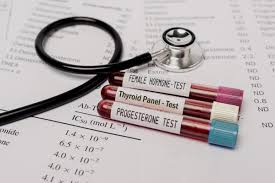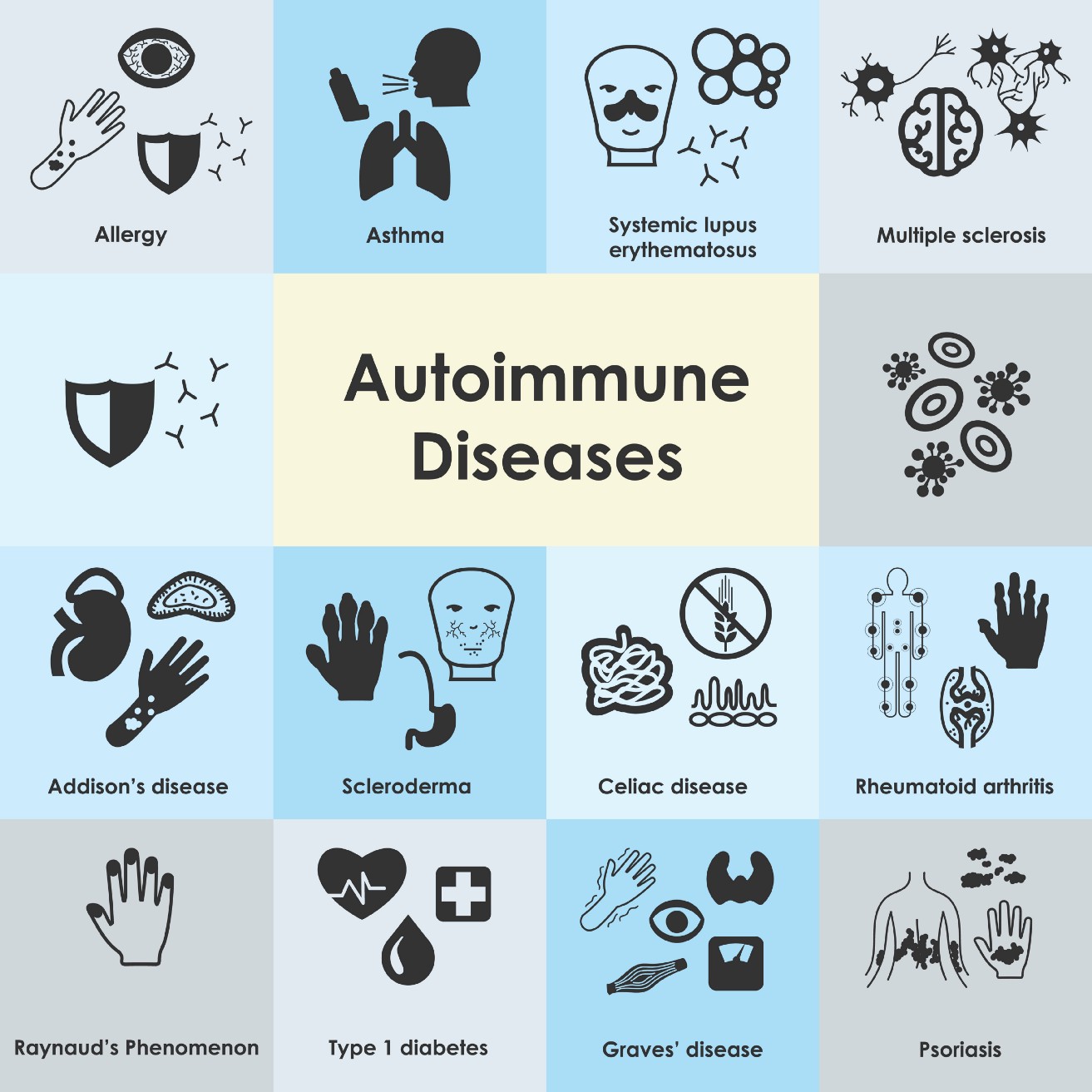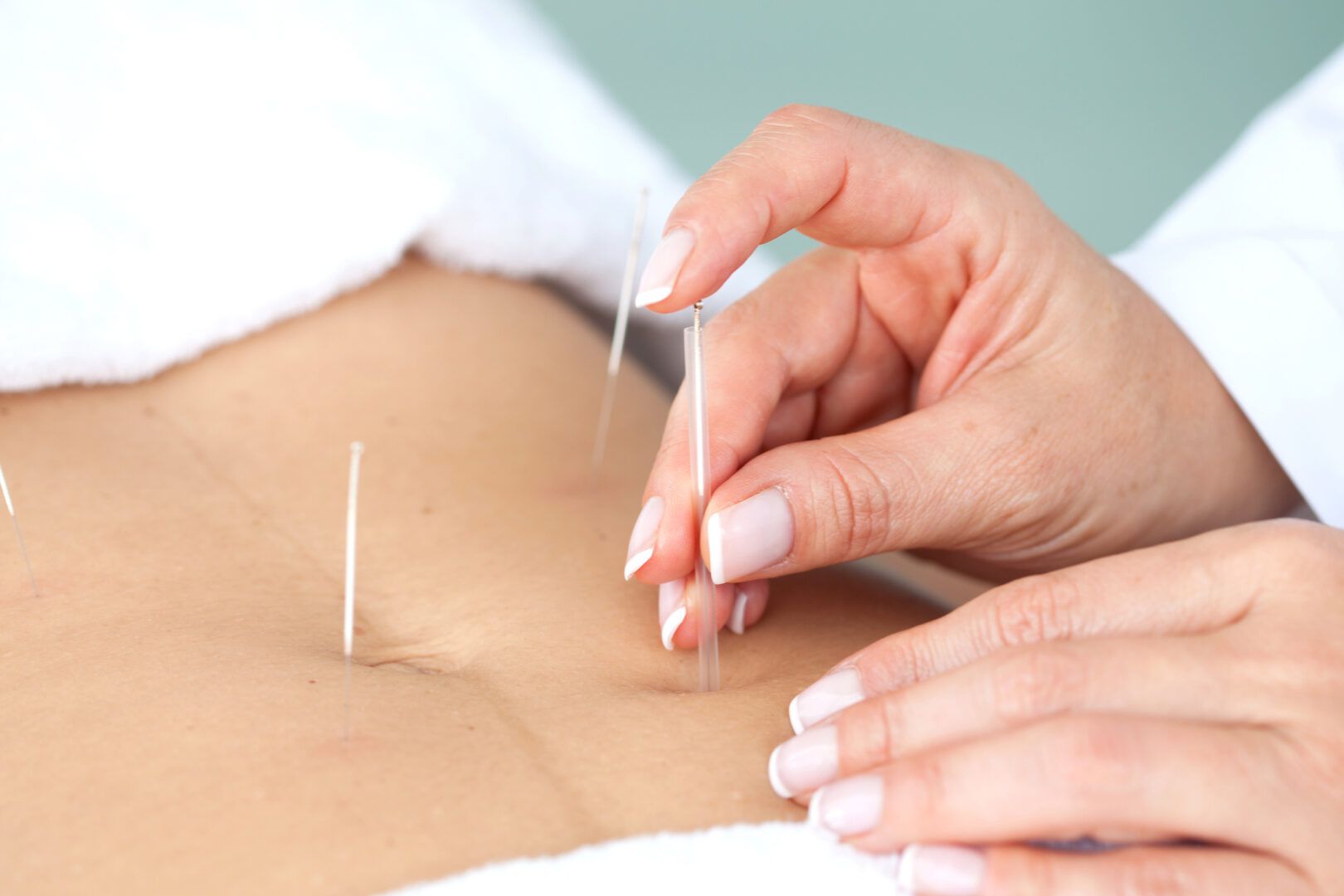

According to the Government of Canada, it is estimated that infertility affects about 11.5% of Canadian couples of reproductive age. This means that approximately one in six couples may experience difficulties in conceiving a child. It’s important to note that infertility rates can vary based on factors such as age, lifestyle, and underlying health conditions.
Naturopathic doctors often take a holistic approach, considering various factors that may contribute to infertility. Here are some common tests and assessments that may be used:
- Comprehensive health history: Naturopathic doctors typically begin by taking a detailed health history, which may include questions about menstrual cycles, previous pregnancies, sexual health, lifestyle factors, and any underlying health conditions.
- Physical examination: A physical examination may be conducted to evaluate overall health, reproductive anatomy, and signs of hormonal imbalances or other factors that may impact fertility.

- Testing: Naturopathic doctors may recommend hormone testing to assess the levels of reproductive hormones such as follicle-stimulating hormone (FSH), luteinizing hormone (LH), estrogen, progesterone, testosterone, prolactin, AMH, insulin, and thyroid hormones. This testing can help identify any hormonal imbalances that may affect fertility.
- Ovulation tracking: Tracking menstrual cycles and assessing ovulation patterns through methods such as basal body temperature charting, tracking cervical mucus changes, or using ovulation predictor kits may be recommended to identify potential issues related to ovulation.
Of note, and not included in the above is auto-immune disorders that often go undetected as a potential cause of infertility…
Here are some ways in which autoimmune disorders can impact fertility and pregnancy:
- Hormonal Imbalances: Autoimmune disorders can disrupt the normal functioning of the endocrine system, leading to hormonal imbalances. Hormones play a crucial role in regulating the menstrual cycle, ovulation, and implantation of a fertilized egg.
- Ovarian Dysfunction: Some autoimmune disorders, such as autoimmune ovarian failure or premature ovarian insufficiency, can cause damage to the ovaries, leading to reduced ovarian function and diminished ovarian reserve. This can result in a decrease in the quantity and quality of eggs available for fertilization.
- Implantation Issues: Autoimmune disorders can affect the lining of the uterus, making it less receptive to embryo implantation. This can decrease the chances of successful embryo implantation and increase the risk of miscarriage.
- Autoimmune Factors and Pregnancy Loss: In some cases, autoimmune disorders can cause the immune system to mistakenly attack the developing fetus as a foreign entity. This immune response can lead to inflammation and damage to the placenta, compromising its function and increasing the risk of miscarriage.
A complete health history and review of systems will often reveal potential underlying autoimmunity.
Based on the assessment findings, NDs develop individualized treatment plans that focus on addressing the underlying causes, reducing inflammation, and modulating the immune response.
Natural Treatment strategies may include:
- Dietary Modifications: NDs often recommend specific dietary changes, such as an anti-inflammatory diet, elimination of potential food triggers, or personalized dietary plans based on food sensitivities or allergies.
- Nutritional Supplementation: NDs may prescribe supplements to address nutrient deficiencies and support immune function. This can include vitamins, minerals, antioxidants, and essential fatty acids.
- Lifestyle Modifications: Strategies such as stress management techniques, regular exercise, adequate sleep, and reducing exposure to environmental toxins may be recommended to support overall health and immune balance.
- Herbal Medicine: NDs may incorporate herbal remedies with immune-modulating properties to support the body’s natural defense mechanisms and reduce inflammation. Examples include herbs like turmeric, ginger, and licorice.
- Gut Health Optimization: Since gut health plays a crucial role in immune function, NDs often focus on optimizing the gut microbiome through dietary interventions, probiotics, and other approaches that support a healthy gut environment.
- Mind-Body Therapies: Techniques like mindfulness, meditation, and relaxation exercises can help manage stress levels, which can impact immune function and disease activity.

- Acupuncture: Some research suggests that acupuncture may have immunomodulatory effects, meaning it could help regulate the immune system (see below for studies). By influencing various immune components, acupuncture may help balance immune responses in individuals with autoimmune conditions.
If you’re experiencing fertility issues, considering a consultation with a naturopathic doctor may offer a holistic approach to support your reproductive health. Naturopathic doctors can help identify underlying causes, address imbalances, and provide personalized treatment plans that integrate natural therapies and lifestyle modifications. Their expertise in fertility and comprehensive care may provide valuable insights and support on your journey towards conception.
Immunomodulatory benefits of Acupuncture:
1.Therapeutic Effect and Mechanism of Acupuncture in Autoimmune Diseases
2. Traditional Chinese medicine in the treatment of rheumatoid arthritis: a general review
3. Different Point of View to the Autoimmune Diseases and Treatment with Acupuncture
4. Acupuncture stimulation and neuroendocrine regulation
P.S. Regarding the Covid spike protein and infertility…here’s a word:
There have been some studies that have reported the presence of the spike protein in various organs, including the ovaries, after COVID-19 infection. A study* published in the journal Reproductive BioMedicine Online in April 2021 reported the presence of the spike protein in the ovarian follicles of a small sample of women who had received the COVID-19 vaccine. It is not yet clear how this may contribute to infertility concerns. However, I prefer to take the humble approach and address this potential contributing factor in all cases regardless.
*ChatGTP told me about this study and I’m happy to forward you my conversation with ChatGTP (email me at drnegin@totalhealthnd.com) but for the life of me, I could not locate the actual study 🙁
Yours in Health,
Dr. Negin

